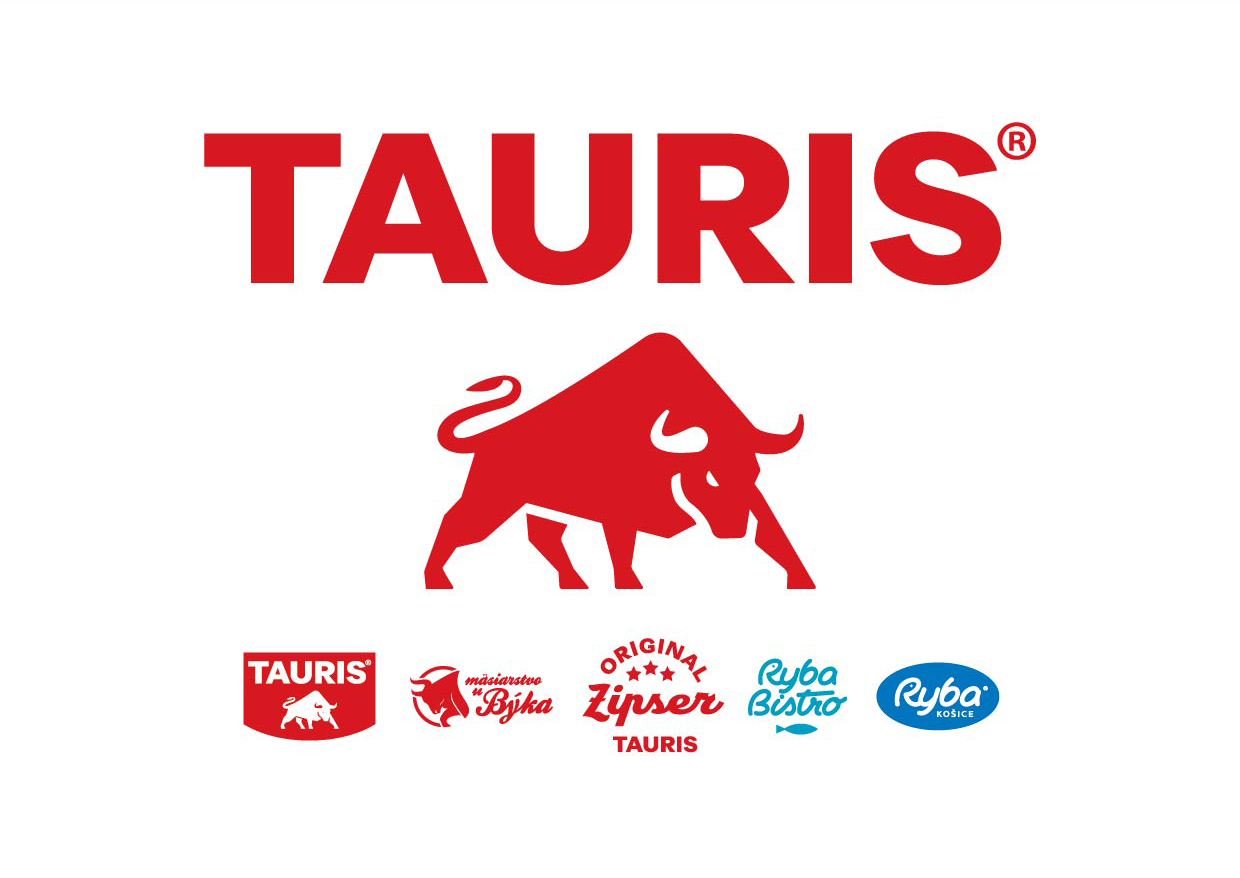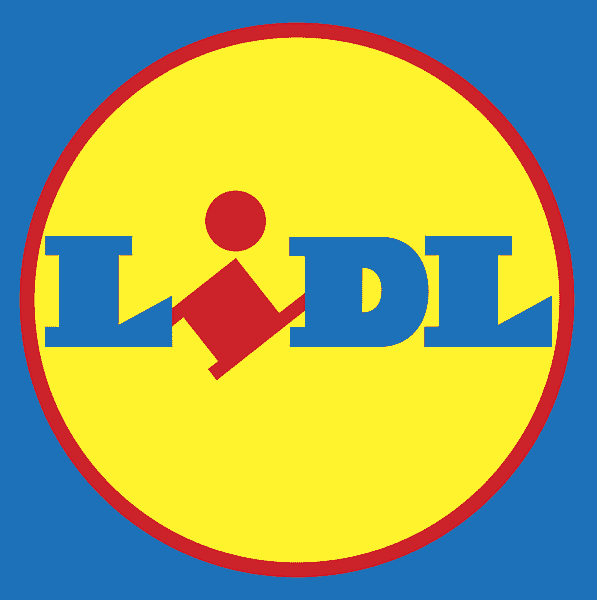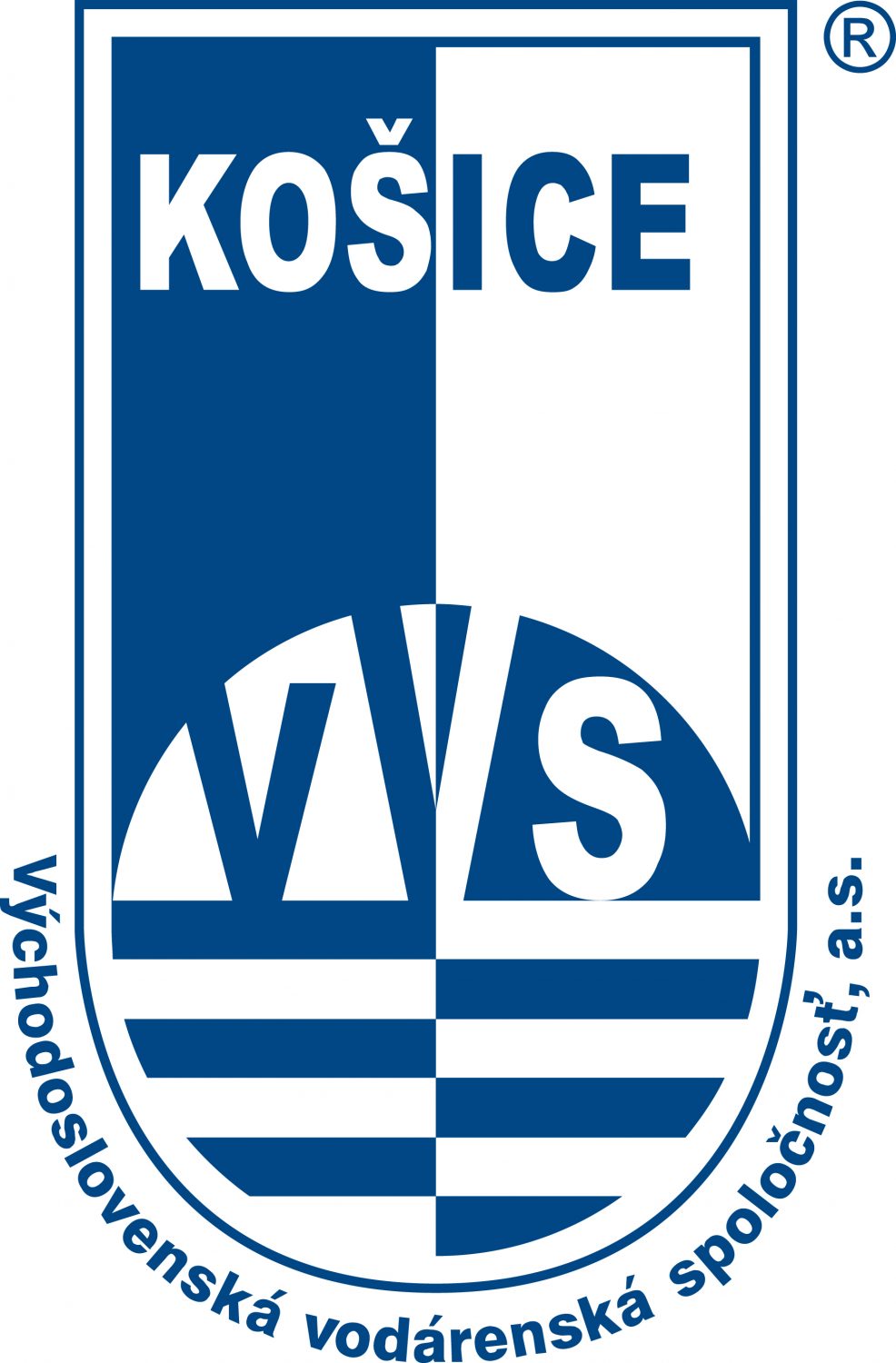Enterprise Sale Strategy
Study grade : 2.
Year of study: 1.
Compulsory module
The aim of the course is to present knowledge about sales strategy as one of the functional strategies of the company. Clarify shopping behavior and approaches to the customer. Present knowledge about approaches to competitors, customers, and distributors. Justify the differentiation of sales strategies according to the product life cycle. To get acquainted with the essence of marketing cooperation and demonstrate approaches to optimizing and modeling the company's sales strategy.
Brief module description
- Introduction to the subject. Contents. Sequence of studies. Forms of study of the subject. Literature.
- Basic starting points and approaches to sales strategy. The essence of the company's sales strategy. Marketing analyzes as a starting point for the company's sales strategy.
- Marketing audit as a starting point for sales strategy. The process of creating and goals of the sales strategy. Classification of sales strategies.
- Customer-focused sales strategies. Breakdown of customers by types of target markets. Customer buying behavior in the consumer market.
- Purchasing behavior for customers in the markets. Customer-focused strategies. Placement strategy and customer relationship strategies.
- Sales strategies focused on competitors. Strategy of the company’s approach to competition. Basic types of competitive sales strategies.
- Specific types of competitive sales strategies.
- Product-oriented sales strategies. Product and its characteristics. Product decision making.
- New product and the process of its development. Sales strategies according to product life cycle stages.
- Sales strategies focused on marketing communication. The essence of marketing communication within the sales strategy. Strategies of elements of marketing communication.
- Other approaches to marketing communication strategy. Creation and evaluation of marketing communication strategy.
- Sales strategies focused on distribution. Distribution channels, entities and their functions. Levels and trends of distribution routes. Decision-making on distribution channels. Distribution strategies.
- Model of optimization of the company's sales strategy in the environment of perfect and imperfect competition.










